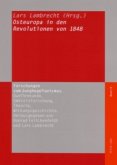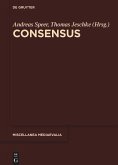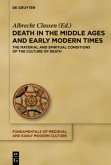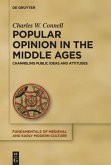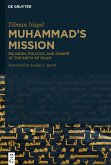This book shows that the 1848 revolutions played a key role in the development of the political thought of the Young Hegelians, Arnold Ruge, Bruno Bauer, Moses Hess and Karl Marx. They all developed revolutionary ideas in the 1840s and hoped for revolutionary events as those that occurred in 1848, but their theories failed to predict the outcome of the revolution. By an empirical analysis this work clearly demonstrates that the Young Hegelians under study changed their theoretical outlooks as a direct result of the 1848 revolutions. It is argued that the mechanism for this change is intellectual disillusionment, that these intellectuals became disillusioned with the theories they had developed in the 1840s because they experienced the 1848 revolutions as an intellectual failure. The book examines the question of how intellectuals deal with their failure to predict the world, and how theory and the change of theory are related to actual historical events.
Bitte wählen Sie Ihr Anliegen aus.
Rechnungen
Retourenschein anfordern
Bestellstatus
Storno


